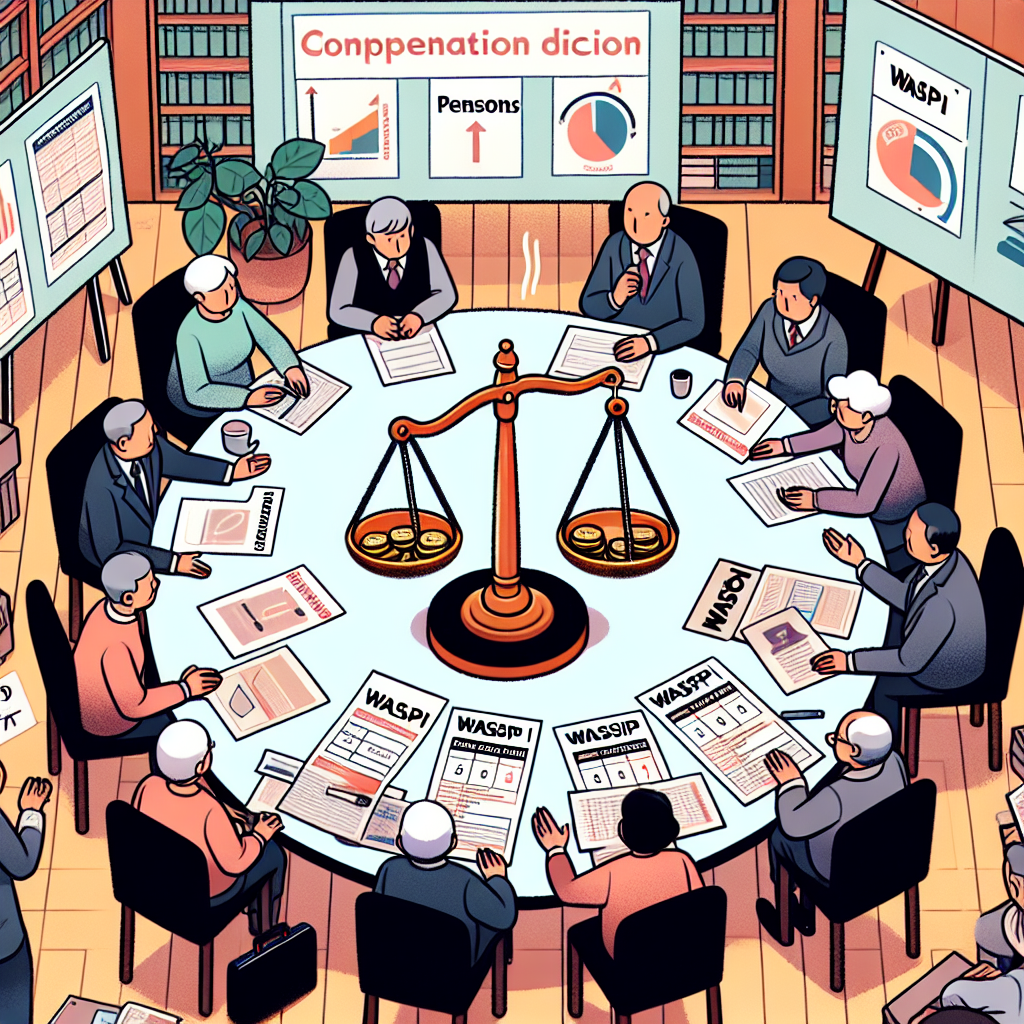Chancellor Defends Decision on WASPI Pensions Amid Growing Criticism

Understanding the WASPI Pensions Issue
The ongoing issue surrounding the WASPI pensions—a subject that has faced significant public scrutiny—has been brought to the forefront once again. The WASPI campaign, representing Women Against State Pension Inequality, has long challenged the adjustments made to the state pension age, which primarily affected women born in the 1950s. The core of the controversy lies in the government's decision not to provide compensation despite recommendations suggesting otherwise.
Government’s Stand on Compensation
Recently, BBC reported that Chancellor Rachel Reeves has publicly backed the government's decision to reject the compensation for the affected group. Reeves justified this stance by highlighting the necessity to carefully manage taxpayers' funds. She pointed out that a vast majority of the women were aware of the impending changes. However, the decision has been criticized by several MPs and campaigners, with some labeling it a betrayal of the women's trust.
Impact on Affected Women
The refusal to compensate comes despite an independent review advocating for redress. It is estimated that around 3.6 million women were adversely impacted by the raised pension age, designed to align their pension age with men. This legislative change was reportedly under-communicated, leaving many women uninformed until it was too late.
Campaign for Justice
The Waspi campaign, led by figures such as Debbie de Spon, continues to fight for justice. They highlight stories from many women stating they were not adequately notified, contradicting government claims. Campaigners argue that the cost of compensation is only a fraction of the funds saved through the pension age adjustments—a point they believe underscores the fairness of their request.
Political Reactions
The political landscape has also reacted unfavorably to this decision, with Andrew Griffith, the Conservative shadow business secretary, describing it as a betrayal. He criticized the current government's inconsistency and raised concerns about the credibility impact this decision has on a broader range of stakeholders, including businesses and pensioners.
Looking Forward
This issue is unlikely to vanish as interested parties continue to voice the need for a resolution. The debate emphasizes the balance between fiscal responsibility and social justice. As the discourse unfolds, it becomes a mirror reflecting broader societal questions about governmental accountability and the equitable treatment of citizens in the face of legislative changes.



Comments ()